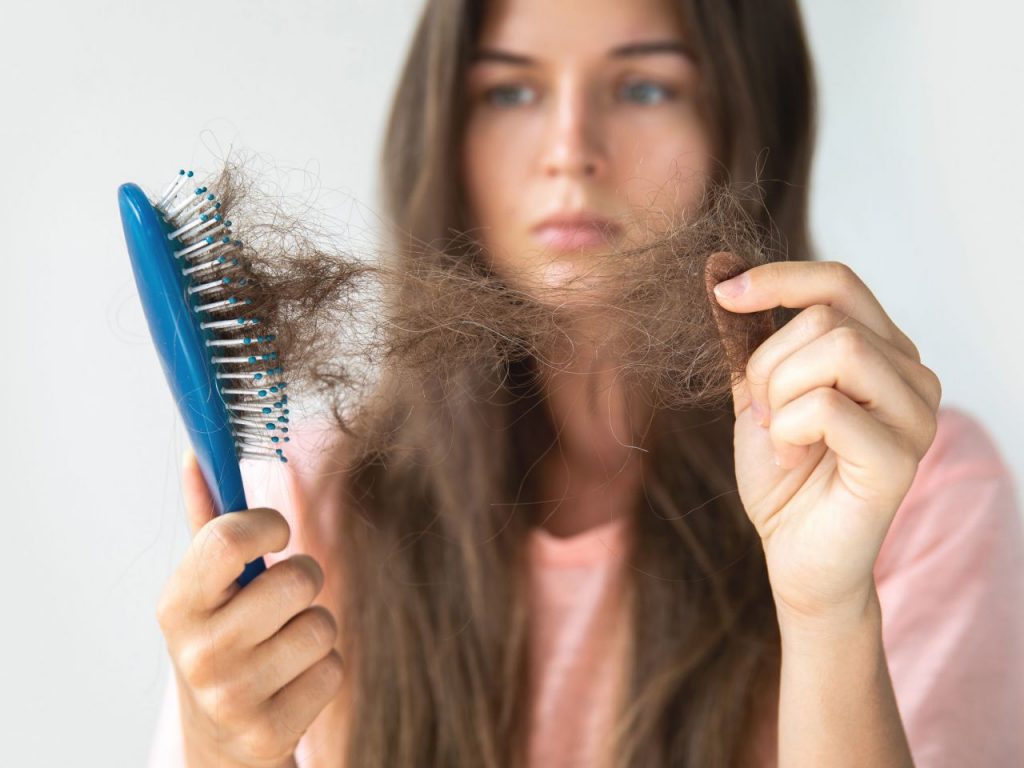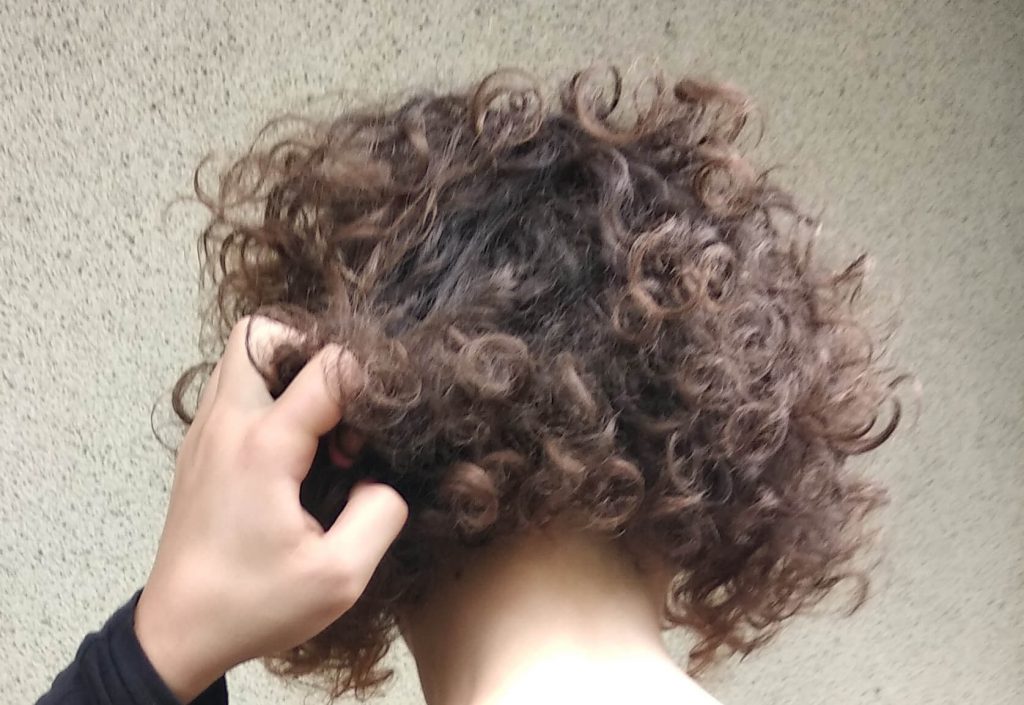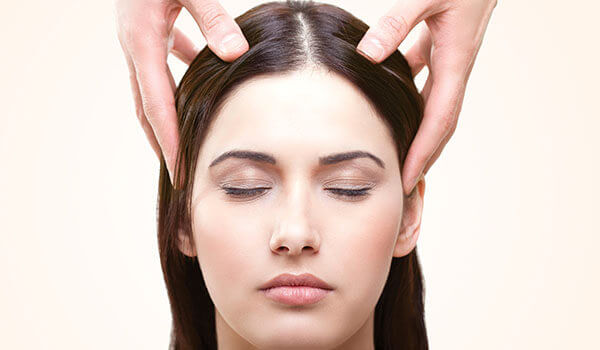
Who wouldn’t love to always have long, healthy hair? Let’s face it, it’s almost every woman’s dream to have long, beautiful, shiny hair without resorting to products that contain sulfates, silicones and parabens, which are ingredients that damage the scalp and the hair fiber of our hair for a long time.
Yet it is very common for hair to change in texture and thickness over a lifetime. Knowing this may not make it any easier if it gets thinner, or more numerous, on your pillow or in your shower drain.
There are several factors that can cause hair loss. They range from age to certain hormonal changes, genetic tendencies and emotional health. But today, I want to talk a little bit about the relationship between stress and hair loss. As I am sure you are probably a victim of daily pressure these days, let’s learn how those two issues can be inextricably related. Keep reading.
Can Stress and/or Anxiety Really Cause Hair Loss?
Stress and anxiety not only play an important role in hair loss, but they are also linked to the three main disorders associated with it:
Telogen Effluvium
This is temporary hair loss with multiple causes. In the case of stress, it can keep hair follicles in a resting (telogen) phase for a longer period of time, preventing the production of new hair. Over time, “aged” hair can fall out more easily, even if you are simply washing, combing or touching it.
Trichotillomania

If you’ve ever caught yourself literally pulling your hair out when you’re stressed or tense, it could be a sign of trichotillomania. In this psychological condition, people deal with negative emotions such as stress and anxiety by pulling hair from their scalp, face and other parts of the body.
Alopecia Areata
In this case, the immune system attacks the hair follicles, resulting in hair loss. In some cases, alopecia areata may only make the hair thinner, or even fall out only in certain areas of the head, developing visible defects on the scalp.
The exact causes of alopecia areata are not known, but genetics and chronic stress play an important role in this process.
How to Fight Hair Loss Due to Stress?
There are several ways to combat stress-induced hair loss.
These are:
– medications and topical solutions with minoxidil (increase blood flow and oxygen supply to the scalp, nourishing the hair follicles)
– massaging the scalp with certain essential oils (lavender, lemongrass, castor oil, peppermint, rosemary, etc.) to increase blood flow to the area and, of course, relax

– combat stress (this can be done through relaxation techniques such as yoga, stretching, meditation, analysis, exercise, breathing techniques, etc.)
– antidepressants and anxiolytics (if none of these alternatives are sufficient, it is always possible to resort to psychiatric medication. For this, seek the advice of a qualified professional)
– Monitor your diet and ensure that you are consuming all the essential vitamins and nutrients that promote hair growth (zinc, iron and vitamins E, A, B, K).
And Finally: Will the Hair Grow Back?
Yes! The good news is that hair loss due to stress is temporary, which means that hair tends to grow back once the situation is under control!
With proper treatment, relaxation techniques and a healthy, balanced diet, your hair will be healthy again within a few months! However, if none of these tips have improved the situation, seek the advice of a trichologist. After all, it’s very likely that another condition is causing your hair loss.
Have you been noticing an increased hair loss recently? What have you done to stop it so far? We would love to read from you; share your own tips with us in the comment section below!


